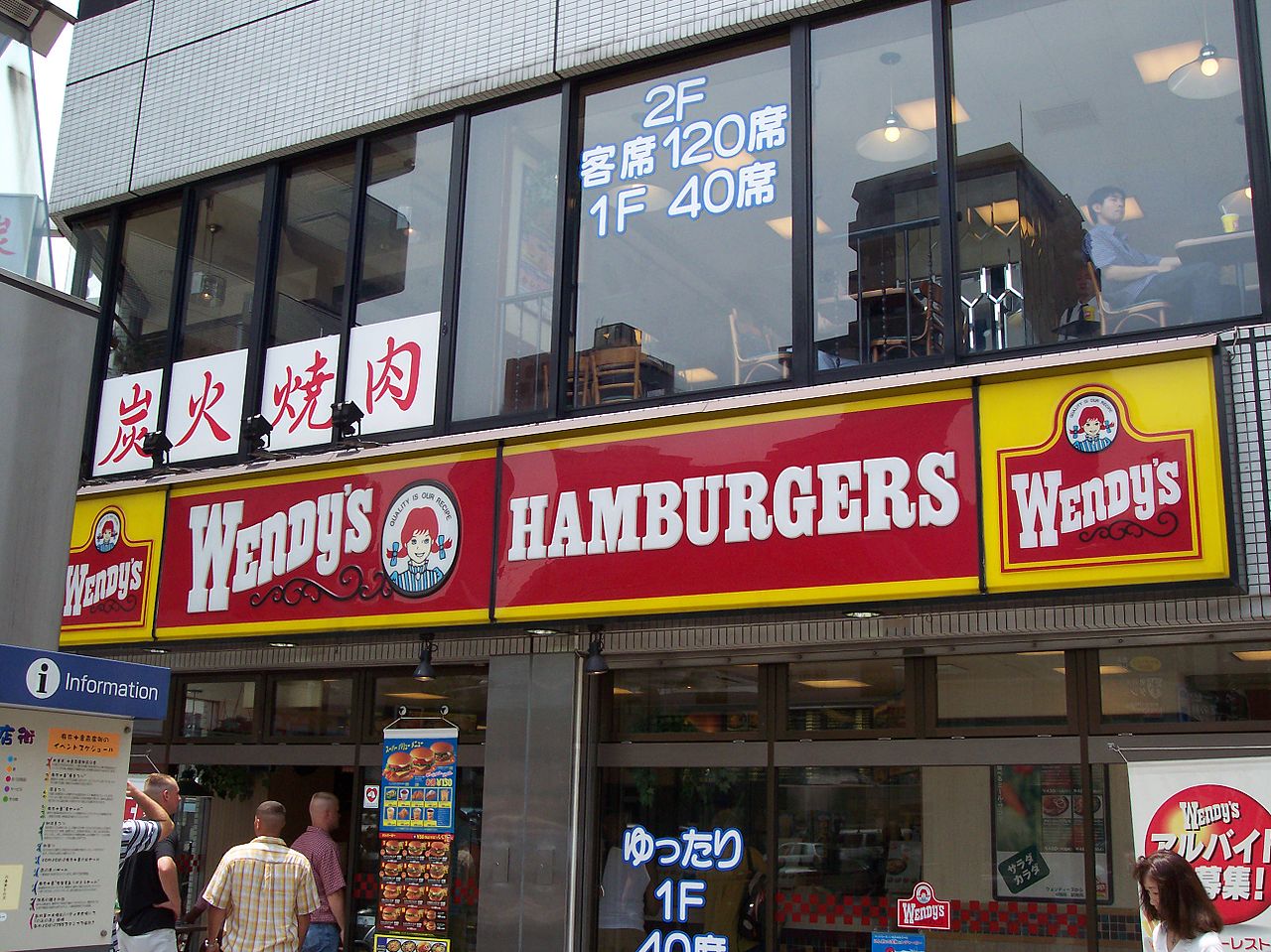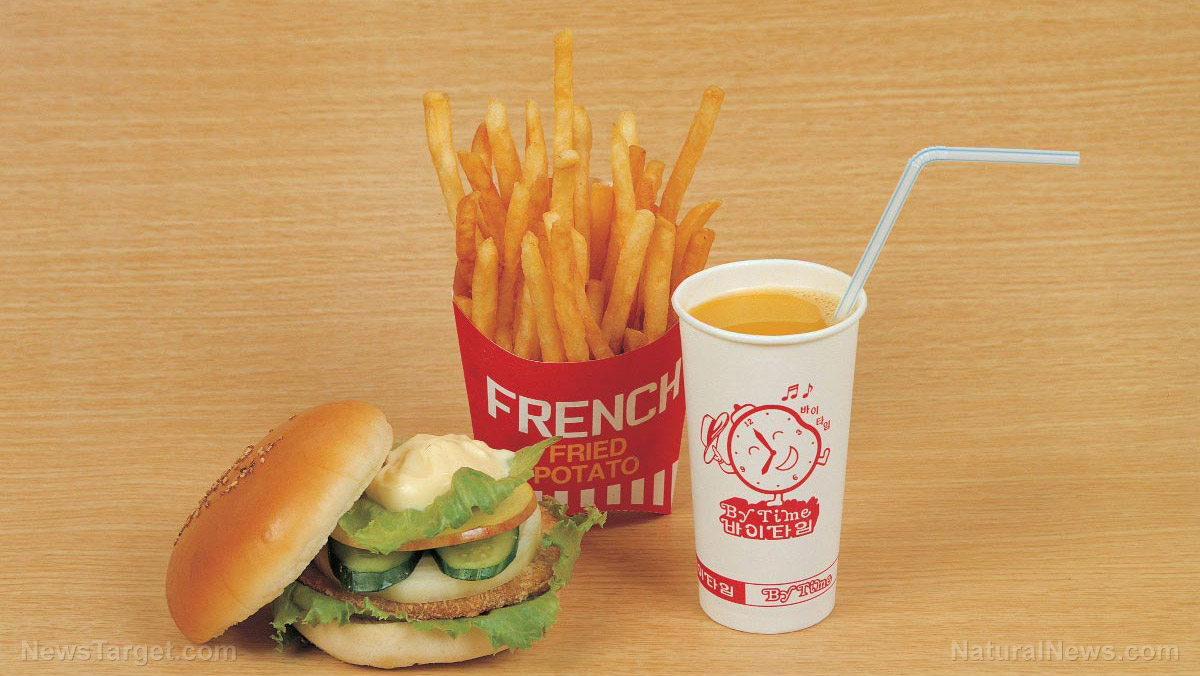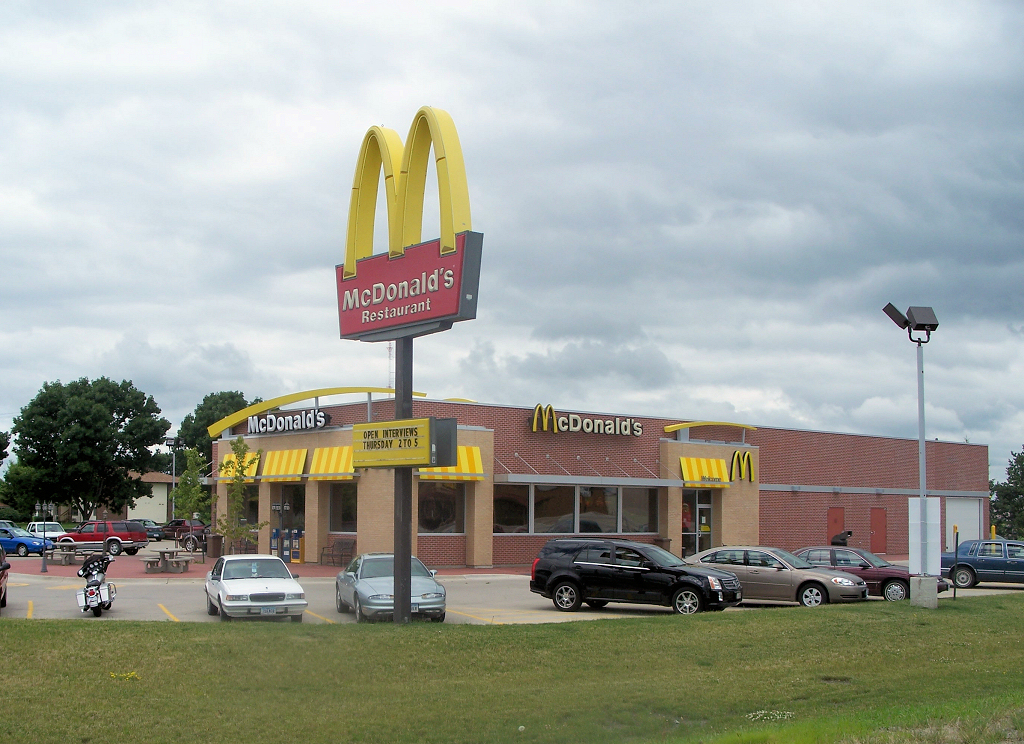
Fast-food chain Wendy's has announced that 16 percent of its nationwide locations will install self-service ordering kiosks by the end 2017. This translates to about 1,000 stores which may be able to reduce headcount at the same time the government-imposed hourly minimum wage hikes continue to go into effect. Wendy's has already tested the technology at some central Ohio outlets.
Wendy's isn't the only franchise chain that is gravitating toward automation. Panera and McDonald's, among others, are going in that direction, suggesting that a minimum wage increase will ultimately be self-defeating for those that it is supposed to benefit.
On the other hand, Panera had to increase kitchen staff at some of its restaurants because of the uptick of orders moving through self-service kioks, the Los Angeles Times detailed.
According to Wendy's Chief Information Officer David Trimm, "The kiosks accomplish two purposes: They give younger customers an ordering experience that they prefer, and they reduce labor costs. A typical store would get three kiosks for about $15,000." Trimm estimated the payback on those machines would be less than two years, thanks to labor savings and increased sales. "Customers still could order at the counter," The Columbus Dispatch explained, while also noting that smartphone mobile ordering is likely the end game. (RELATED: Read more about the fast-food industry at FastFood.news.)
Wendy's experienced "a tough" five percent wage inflation last year, with four percent expected in 2017, its COO told investors last month, which prompted a greater emphasis on efficiency.
It's not just millennials that prefer to avoid dealing with the sometimes distracted or indifferent counter help, but that's another matter, as is the rationale of consuming fast food in the first place. About the kiosks generally, a restaurant industry insider quipped that "They always are courteous. They always show up for work on time."
Parenthetically, in China, KFC is rolling out facial recognition technology with the stated goals of making ordering faster, more convenient, and personalized which will, in their view, facilitate repeat business. Last year, KFC implemented voice-activated robot order takers at a restaurant in Shanghai.
Regardless of whether or not you think the feel-good fight for $15 by the leftist, social justice cohort is admirable, a one-size-fits-all, hourly minimum wage rate, whether set at $15, $10.10, or at another arbitrary benchmark, was originally designed as an entry-level pay grade rather than a career endpoint.
Although not every employer by any means operates in good faith in the treatment of employees, in the normal course of things, minimum wage employees — which generally applies to a younger demographic — pick up work experience and new skills, and hopefully get promoted, especially those who are hard working, to higher-paying positions or land at another company that offers better opportunities.
The fight for $15 could short-circuit this process, forcing more people into welfare dependency.
The automation trend in a variety of industries separately raises questions as to why the U.S. continues to prioritize the admission of low-skilled immigrants. In his speech to Congress on Tuesday evening, President Trump suggested that the U.S. should move to a skill-based immigration system. "Switching away from this current system of lower-skilled immigration, and instead adopting a merit-based system, will have many benefits: it will save countless dollars, raise workers' wages, and help struggling families --- including immigrant families --- enter the middle class," the president said.
On the subject of fast-food automation in general, the ex-McDonald’s U.S.A. CEO recently issued a reluctant “I told you so” after predicting that the Fight for $15 would prompt employers to begin installing touchscreen, self-service kiosks to reduce headcount, thereby increasing the ranks of the unemployed.
Nobel Prize-winning economist Milton Friedman once observed that, "A minimum wage law is, in reality, a law that makes it illegal for an employer to hire a person with limited skills," ZeroHedge recalled.
Sources:
Please contact us for more information.























